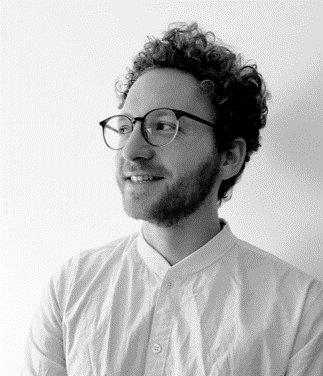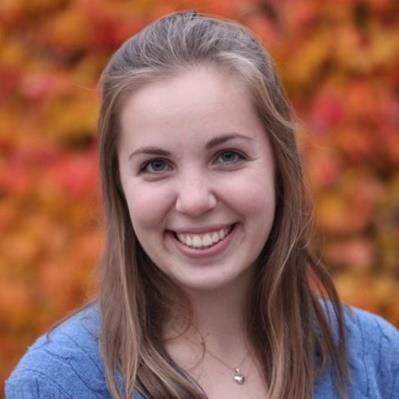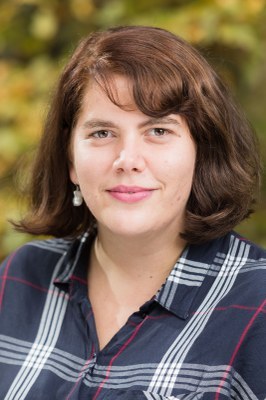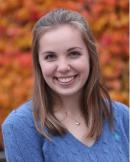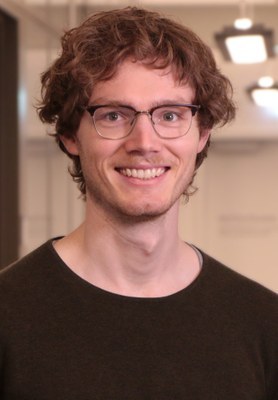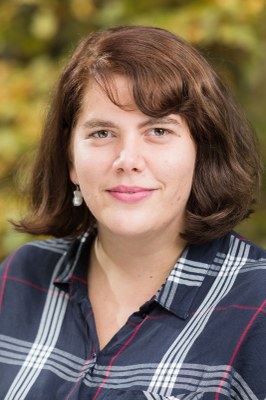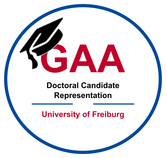Doctoral candidates in the Senate
Elected for one year, membership in the Senate offers doctoral students the opportunity to be acquainted with the internal policies and organization of the University and to contribute shape its future.
To contact the Senators and their representatives in the Permanent Senate Commission and Committee: senat.gaa [at] mail.uni-freiburg.de
The elected Senators for 2024/2025
|
|
|
Julius Jeßberger
|
|
Sebastian Dominik Pfeifer
|
The elected Senators for 2023/2024
Toquinha-Orelia Bergmann
|
|
Lea Miriam Strigl
|
|
Julius Jeßberger
|
|
Simon Oles
|
|
Daniel Heß
|
|
Sebastian Dominik Pfeifer
|
The elected Senators for 2022/2023
|
|
Leonard Frank Leonard started his doctorate in 2020 at the Faculty of Environment and Natural Resources, working on the governance of sustainability transitions in European agriculture. After his graduate studies in Berlin and Oxford, he returned to Freiburg for his PhD. He became a member of the doctoral convent and faculty council at the Faculty of Environment and Natural Resources and has been a member of the Senate for the last year. He has extensive experience in student representation at the University Freiburg as well as other universities. Leonard is looking forward to strengthening the viewpoint of doctoral candidates in the Senate, build on the already successful cooperation with other status groups and hopes to contribute to the representation of early career researchers across the university. |
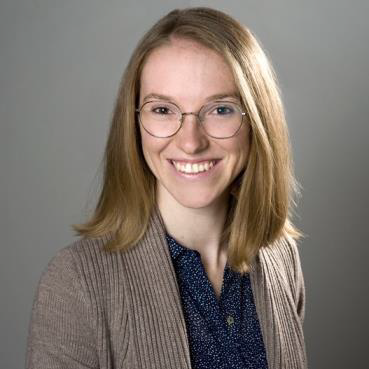 |
Elisabeth Lichtenberg Elisabeth Lichtenberg studied biology in Freiburg and started her doctorate in October 2020 at the Institute for Biology in molecular genetics working on RNA metabolism in Cyanobacteria. During her masters she was an active member of the student body of the Faculty of Biology. As member of the Senate, she wants to advocate the concerns and needs of doctoral candidates, especially in science. |
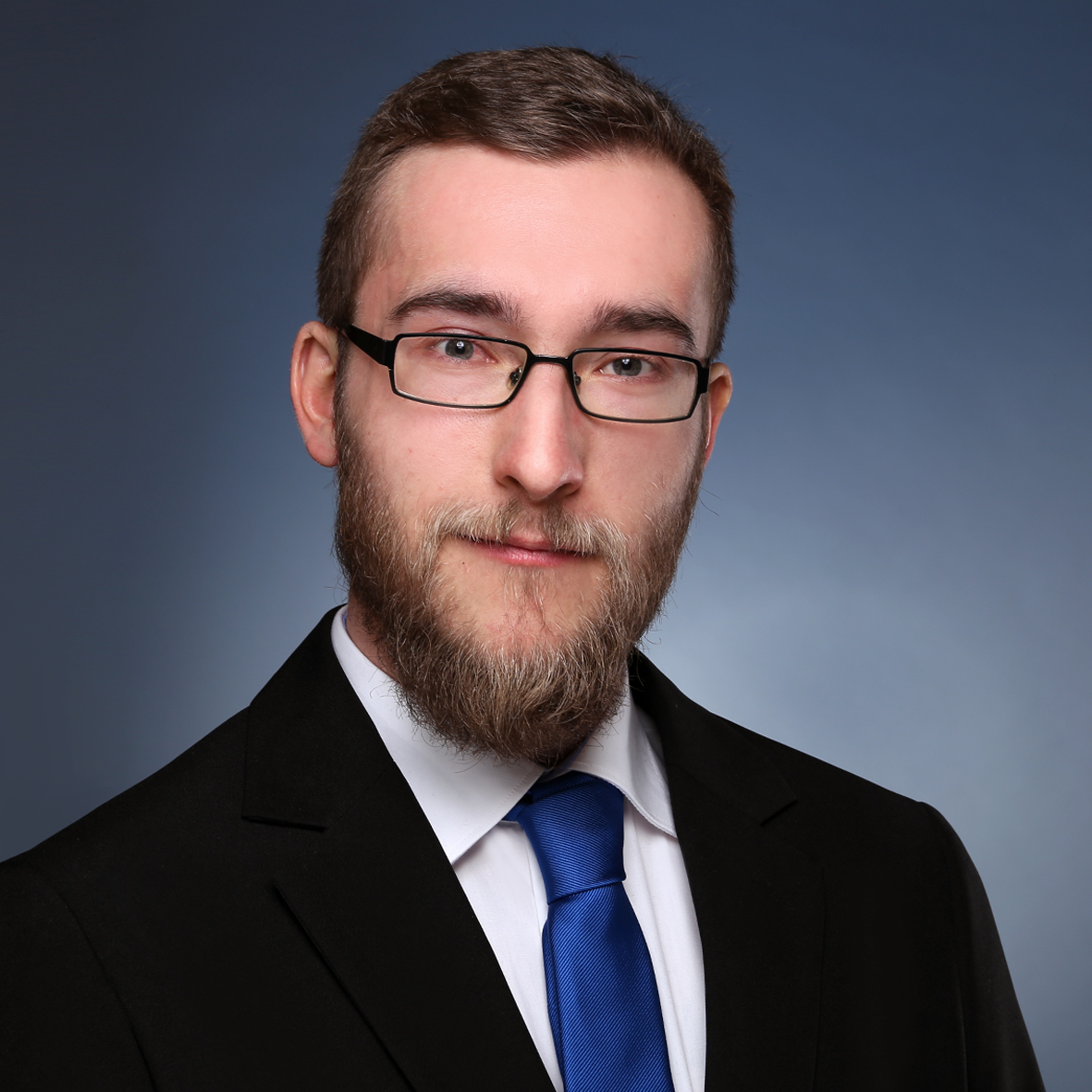 |
Daniel Heß Daniel Heß studied biology and molecular ecology in Bayreuth and started his PhD at the University of Freiburg in May 2021 at the Institute of Biology III. His research area are genetics and experimental bioinformatics, investigating regulatory RNAs of stoneworts. He has already been active in the student’s association of BCG (Biology, Chemistry, Geosciences) during his studies and wants to continue his commitment as PhD representative in the Senate. In the Senate he wants to support fair working and research conditions for all PhD candidates of all faculties. |
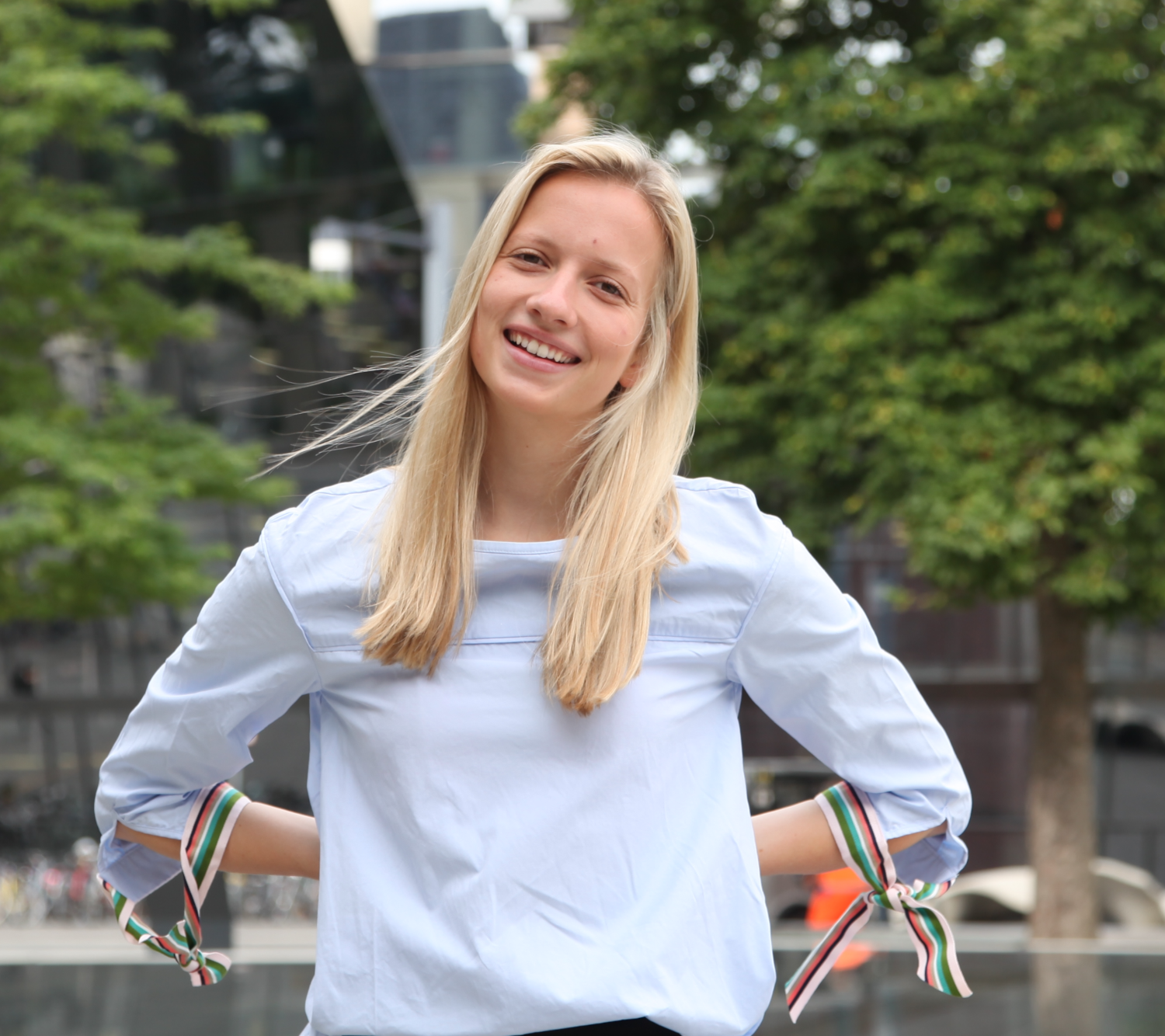 |
Thea Wendtland After studying Law in Münster, Thea Wendtland started her PhD in the research area of social law and is a research associate at the institute. Her motivation for becoming a Senate member is to improve the conditions of conducting a PhD, to empower the status group of PhD candidates, and to keep in mind various perspectives. Good working conditions are the foundation of all research activities conducted by PhD candidates. Therefore, a functioning framework for PhD projects is a requirement for the quality and appeal of the University Freiburg and should be provided to young academics. |
The elected Senators for 2021/2022
|
|
Friederike Lammert Friederike Lammert studied Law in Freiburg and was already a member of the doctoral representatives in the Senate as well as the faculty council of the faculty of Law. She has been doing her doctorate at the Faculty of Law in the field of patent law and has been working as a research assistant at the chair for civil law and intellectual property since autumn 2020. After representing doctoral candidates for the last year, she wants to continue her work to increase the visibility of her peers - especially in times of the pandemic. She is eager to improve the working conditions of doctoral students in all faculties. |
 |
Sebastian Will Sebastian Will hopes to represent the doctoral candidates in the Senate for another year. After getting used to university procedures and committees in the last year, he is now well prepared for a second term. He thinks it is important that doctoral perspectives are present in the Senate. Therefore, he always tries to speak up for the interests of young academics and will vote in their favour. |
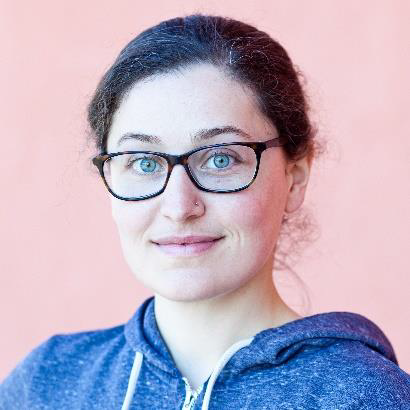 |
Valerie Ambrosi Valerie studied Bio- and Neuroscience in Münster, Berlin and Uppsala. She has been a doctoral candidate at the Chair of Gender Studies in STEM (ger: MINT) since 2018. In her project she analysis the negative impact of stereotypes and their influence on brain activity. She is in the Ph.D. convent of the Faculty of Engineering since early 2021 and now wants to represent the doctoral candidates on the level of the Senate as well. |
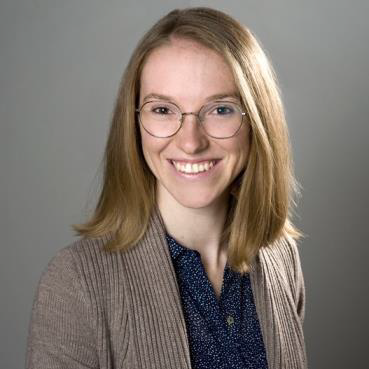 |
Elisabeth Lichtenberg Elisabeth Lichtenberg studied biology in Freiburg and started her doctorate in October 2020 at the Institute for Biology in molecular genetics working on RNA metabolism in Cyanobacteria. During her masters she was an active member of the student body of the Faculty of Biology. As member of the Senate, she wants to advocate the concerns and needs of doctoral candidates, especially in science. |
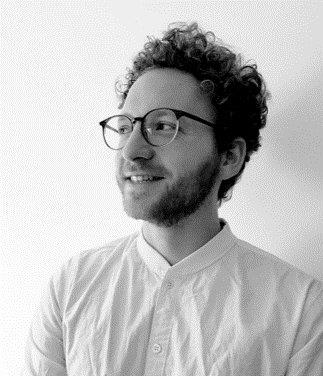 |
Leonard Frank Leonard started his doctorate in 2020 at the Faculty of Environment and Natural Resources, working on the governance of sustainability transitions in European agriculture. He returned to Freiburg for his doctoral studies, and is a member of the doctoral convent and faculty council at the Faculty of Environment and Natural Resources. He has extensive experience in student representation at the University Freiburg as well as other universities. Leonard is looking forward to strengthening the viewpoint of doctoral candidates in the Senate and wants to contribute to the representation of early career researchers. |
The elected Senators for 2020/2021
Spokeswoman of the status group
|
|
|
|
Eva Rüskamp, M.A. Doctoral candidate Seminar of English Faculty of Philology
"The experience we doctoral students gain in the qualification phase of the doctorate determines whether we remain at the university and in science in the long term. Thus my focus is improving the working and research conditions for doctoral students of all subjects and advocating our perspective in the strategic decisions of the University."
- Member of the Senate Comission for Strategic Planning and Development - Vice Member of the Permanent Senate Commission on Academic Affairs - Vice Member of the Committee on Media Development and Practice
|
|
|
|
|
|
Friederike Lammert Doctoral candidate Institute for Business Law, Labor and Social Law, Department IV: Intellectual Property Law Faculty of Law “The doctoral students are a new status group in the university's committees and they mark the beginning of a new scientific generation. I would like to improve the visibility as well as influence of my status group and ensure good conditions for doctoral students from all faculties. " - Vice-member of the Permanent Senate Commission on Equal Opportunity - Member of the Senate Comission for Strategic Planning and Development
|
|
|
|
|
|
Sebastian Will, M.Sc. Doctoral candidate Institute for Public Finance and Social Policy Faculty of Economics and Behavioral Sciences “As a representative for the doctoral candidates in the Senate, I promote our interests. In a senate dominated by professors, it is important that doctoral perspectives are also represented. Therefore, I try to contribute to the benefit of the young scientists and vote accordingly " - Member of the Selection Committee of the University Council - Vice Member of the Permanent Senate Commission on Academic Affairs - Vice Member of the Committee on Media Development and Practice - Vice Member of the Permanent Senate Commission on Equal Opportunity |
The elected Senators for 2019/2020
Spokeswoman of the status group
|
|
|
|
Eva Rüskamp, M.A. Doctoral candidate Seminar of English Faculty of Philology
"The experience we doctoral students gain in the qualification phase of the doctorate determines whether we remain at the university and in science in the long term. Thus my focus is improving the working and research conditions for doctoral students of all subjects and advocating our perspective in the strategic decisions of the University."
- Member of the Senate Comission for Strategic Planning and Development - Vice Member of the Permanent Senate Commission on Academic Affairs - Vice Member of the Committee on Media Development and Practice
|
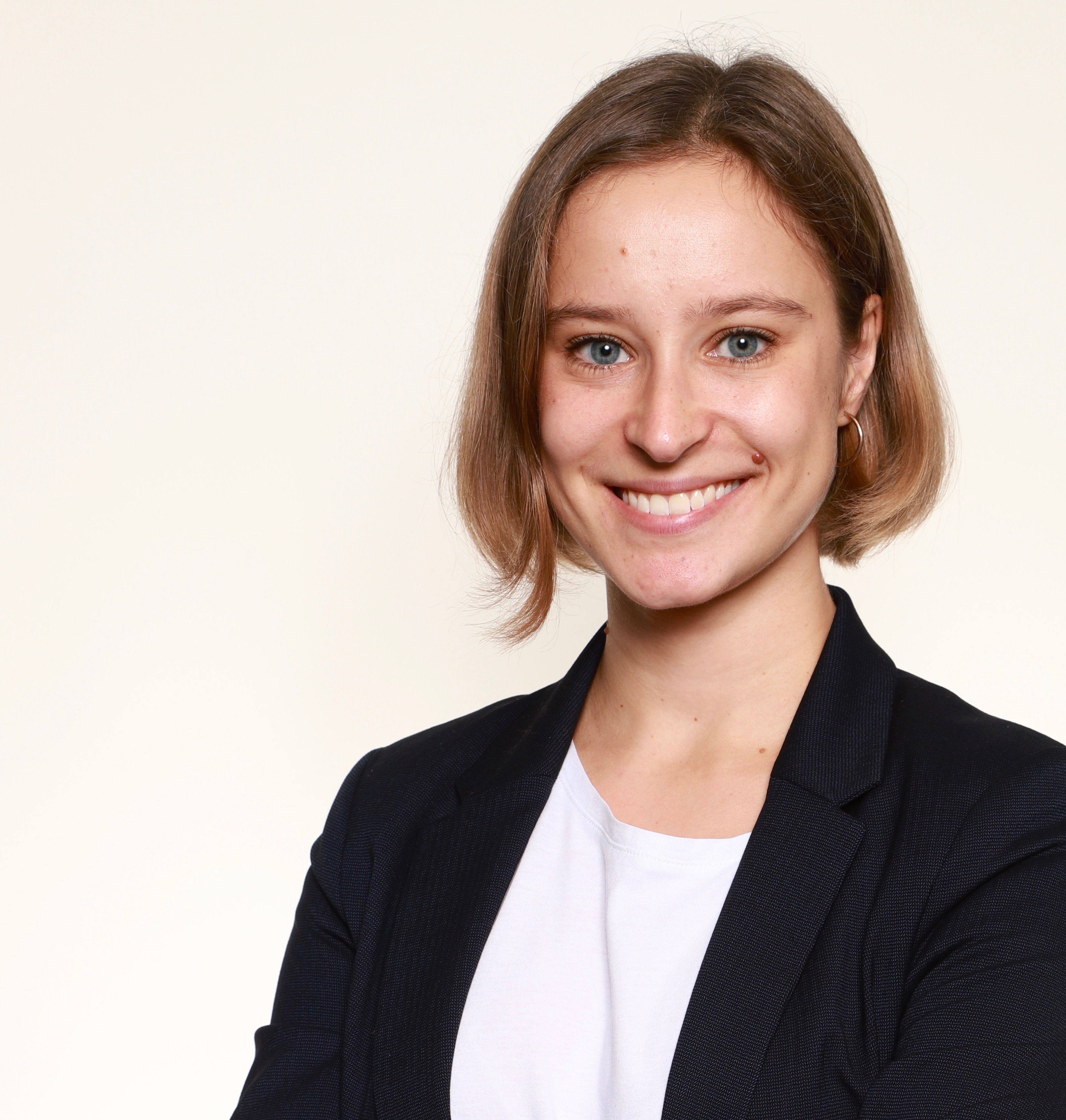 |
Julia Gurol, M.A. Doctoral candidate Seminar of Scientific Policy Faculty of Philosophy
- Member of the Permanent Senate Commission on Academic Affairs - Member of the Committee on Media Development and Practice - Vice-member of the Permanent Senate Commission on Equal Opportunity |
|
|
|
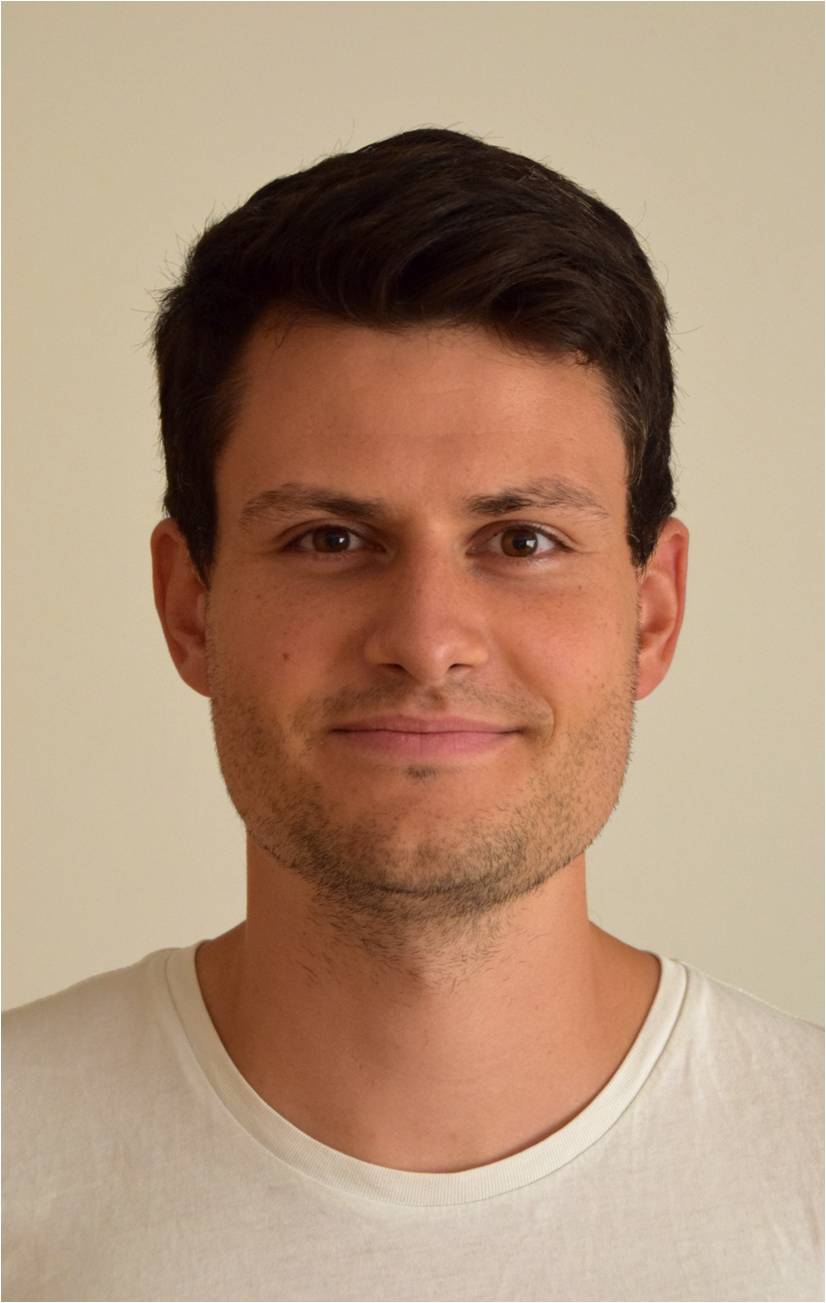 |
Thomas Haas, M.Sc. Doctoral candidate Institut of Organic Chemistry Faculty of Chemistry and Pharmacy
"As doctoral candidates, many of us are in a one-sided dependency relationship. Therefore, the position of doctoral students must be strengthened by transparent regulations and protected from abuse of power. That is what we advocate in the Senate. "
- Contact person for academic personnel; Student representation (GAA) - Vice Member of the Permanent Senate Commission on Equal Opportunity |
Representatives in the Permanent Committees for 2019/2020
In order to ensure intensive and successful committee work, the status group of doctoral students is represented in some Senate Commissions by committed doctoral students who are not elected members of the Senate. They are available to all doctoral students concerned as direct contacts for the topics they represent and look forward to content-related assistance and cooperation.
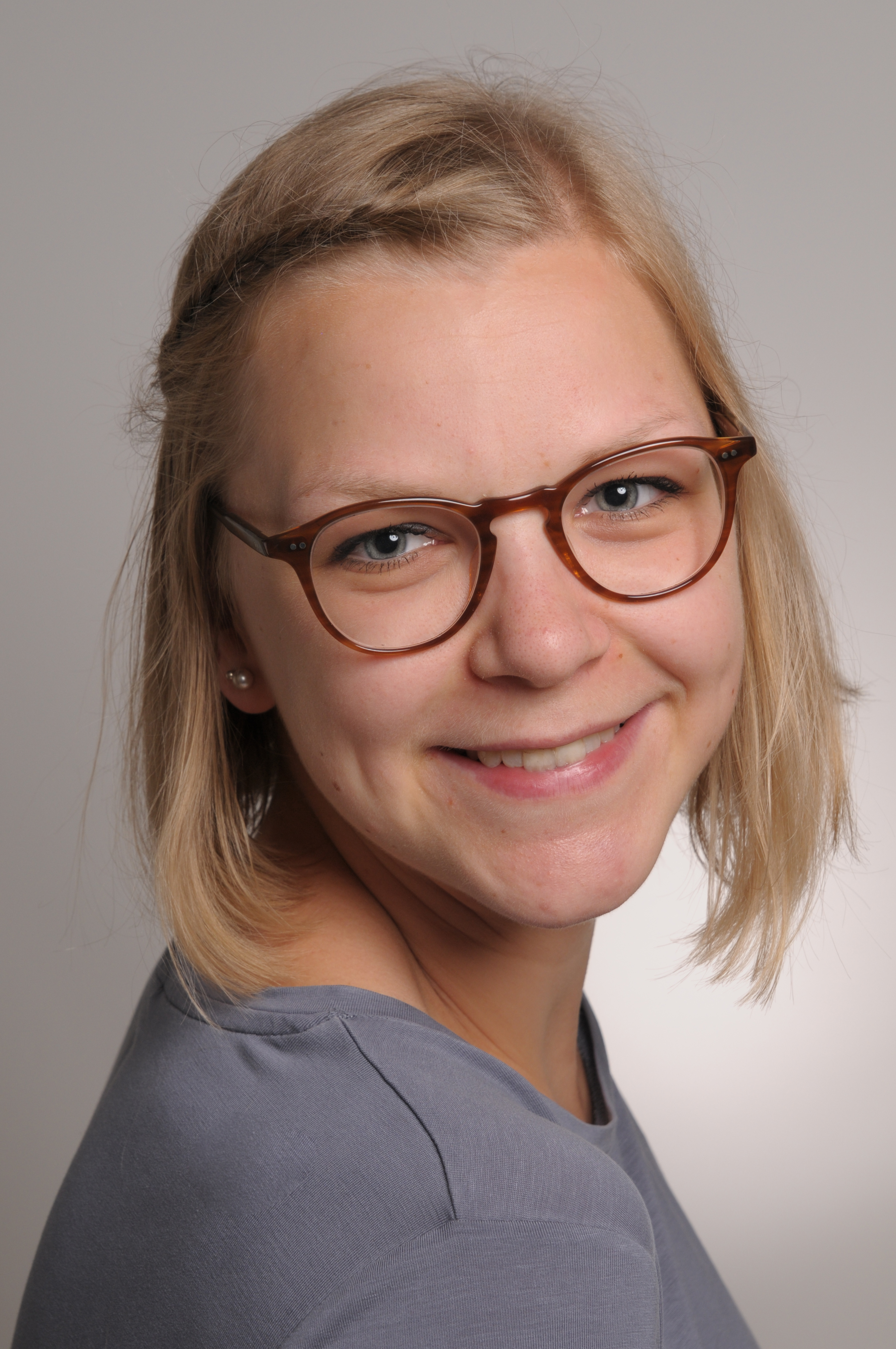 |
Verena Eisenbeis, M.Sc. Doctoral candidate Institut of Organic Chemistry Faculty of Chemistry and Pharmacy
"I am a doctoral candidate in the natural sciences, one of the areas in which equality is still a particular challenge. I would like to be a contact person for all doctoral students who have questions, problems, but also ideas and suggestions on the subject of equality."
- Member of the Permanent Senate Commission on Equal Opportunity
|
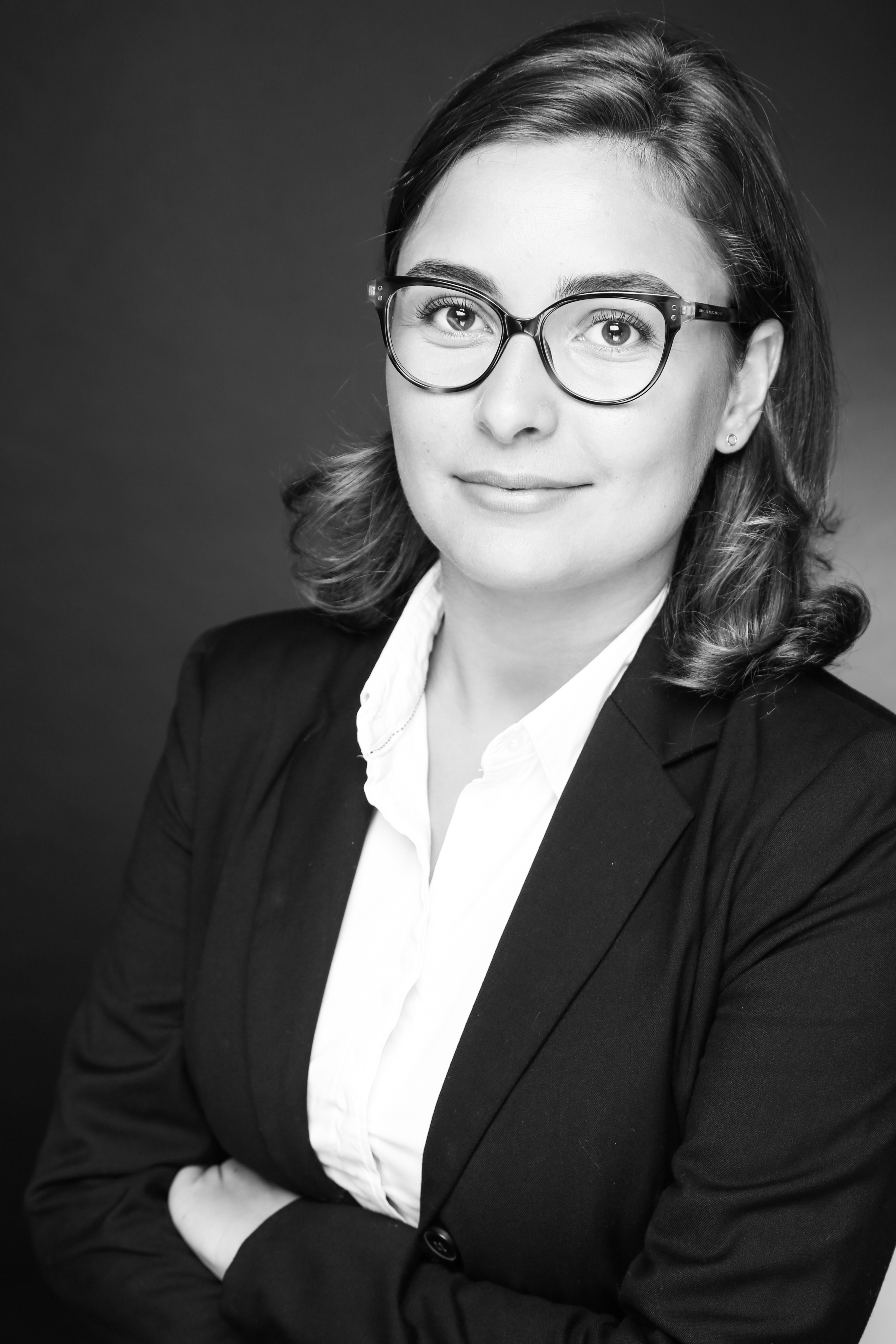 |
Sarah Praunsmändel Doctoral candidate Centre for Security and Society, Project "ZuRecht - The police in the open society" Faculty of Law "As a representative of the status group of doctoral students in the area of gender equality, I am responsible for drawing attention to the potential of the concerned group and for bringing grievances and your concerns to the Senate Commission."
- Member of the Permanent Senate Commission on Equal Opportunity |
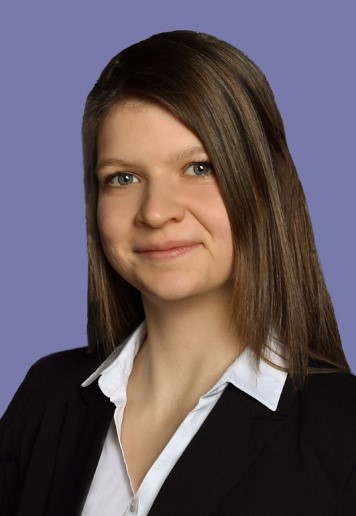 |
Lisa Dietel, M.Sc. Doctoral candidate Institute for Pharmaceutical Technology and BiopharmacyFaculty of Chemistry and Pharmacy
"I see the work in the Senate of the Albert-Ludwigs-University of Freiburg as an opportunity to represent us, doctoral students, as an interest group and thus to draw attention from the existing structures as well as promote structural changes within the faculties. It is important that doctoral students are strengthened during their qualification, thus giving them the opportunity of laying the right foundation at the beginning of their scientific career". - Vice Member of the Senate Comission for Strategic Planning and Development |


